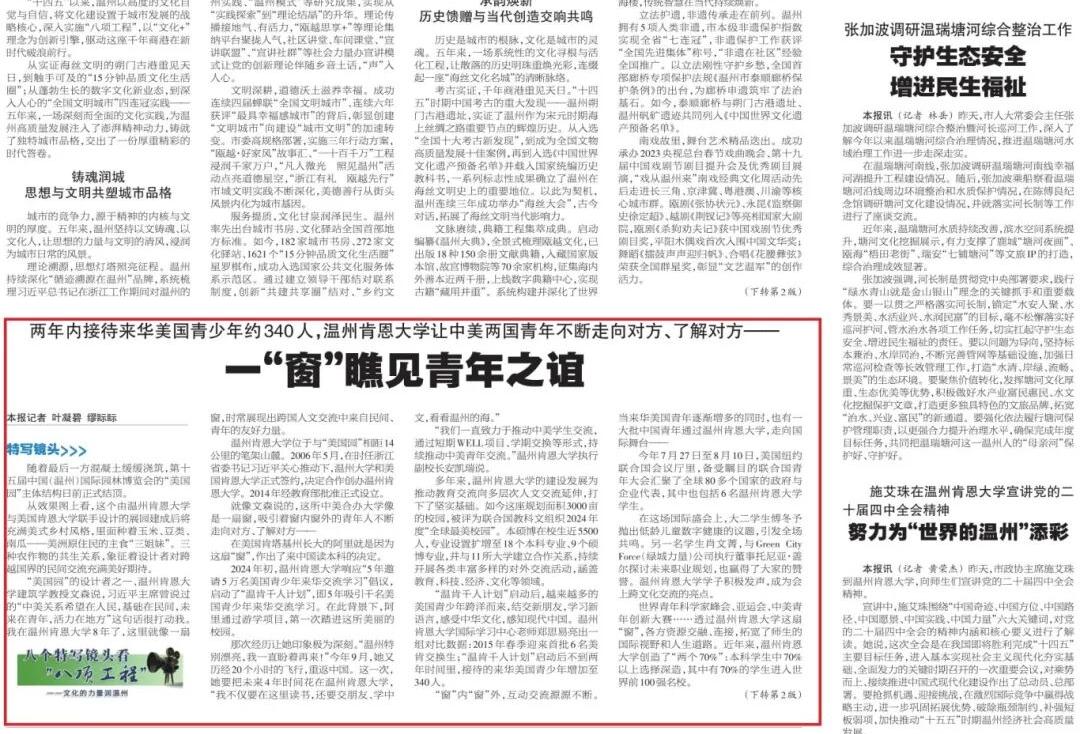
Harold R. Neely
-
Position:Lecturer of Biology
-
College:College of Science, Mathematics and Technology
-
Office:CSMT 419
-
E-mail:
Education background
B.S. in Microbiology
University of Texas at Austin
M.S. in Microbiology & Immunology
University of North Carolina at Chapel Hill
Ph.D. in Molecular Microbiology & Immunology
University of Maryland, Baltimore
Posdoctoral Fellowship
Harvard Medical School
Courses teaching in WKU
- General Biology Laboratory
- Cell Physiology
- Anatomy and Physiology I
Biography
Dr. Neely attended the University of Texas at Austin as an undergraduate, earning a BS in Microbiology and a BS in Biology (with a focus on Molecular Biology) and gaining his first laboratory experience studying mechanisms of DNA replication in bacteria. He earned his MS in Microbiology and Immunology at the University of North Carolina at Chapel Hill investigating the developmental origins of B-1 lymphocytes, and subsequently studied the genetic causes of age-related hearing loss at the National Institute on Deafness and Other Communication Disorders at the US National Institutes of Health.
For his doctoral thesis at the University of Maryland, Baltimore, Dr. Neely studied the evolution white pulp of the spleen, the primordial secondary lymphoid organ of the immune system. He demonstrated that B cell accumulation around splenic vasculature marks the onset of white pulp development in the amphibian Xenopus laevis, suggesting that this developmental progression in lymphoid architecture ontogeny is conserved among all jawed vertebrates. Additionally, he demonstrated the ability of a subset of splenic dendritic cells (termed XL cells) to present antigen to both B and T lymphocytes, functions performed by separate cell lineages in mammals.
During his postdoctoral work at Harvard Medical School, Dr. Neely examined the molecular mechanism(s) underlying adaptive immune responses mediate by natural killer (NK) cells, and investigated the use of bisphosphonates as novel adjuvants for use in SARS-CoV2 vaccination.
Selected Publications
- Flajnik MF, Stanfield RL, Verissimo A, Neely HR, Muñoz-Mérida A, Criscitiello MF, Wilson IA, Ohta Y. Origin of immunoglobulins and T cell receptors: A candidate gene for invasion by the RAG transposon. Sci Adv. 2025 Jul 4;11(27):eadw1273. doi: 10.1126/sciadv.adw1273. Epub 2025 Jul 4. PMID: 40614193; PMCID: PMC12227049.
- Thompson J, Wang Y, Dreischulte T, Barreiro O, Gonzalez RJ, Hanč P, Matysiak C, Neely HR, Rottenkolber M, Haskell T, Endres S, von Andrian UH. Association between bisphosphonate use and COVID-19 related outcomes. Elife. 2023 Aug 3;12:e79548. doi: 10.7554/eLife.79548. PMID: 37534876; PMCID: PMC10691801.
- Flowers EM, Neely HR, Guo J, Almeida T, Ohta Y, Castro CD, Flajnik MF. Identification of the Fc-alpha/mu receptor in Xenopus provides insight into the emergence of the poly-Ig receptor (pIgR) and mucosal Ig transport. Eur J Immunol. 2021 Nov;51(11):2590-2606. doi: 10.1002/eji.202149383. Epub 2021 Sep 28. PMID: 34411303; PMCID: PMC8563443.
- Neely HR, Mazo IB, Gerlach C, von Andrian UH. Is There Natural Killer Cell Memory and Can It Be Harnessed by Vaccination? Natural Killer Cells in Vaccination. Cold Spring Harb Perspect Biol. 2018 Oct 1;10(10):a029488. doi: 10.1101/cshperspect.a029488. PMID: 29254978; PMCID: PMC6169816.
- Neely HR, Guo J, Flowers EM, Criscitiello MF, Flajnik MF. "Double-duty" conventional dendritic cells in the amphibian Xenopus as the prototype for antigen presentation to B cells. Eur J Immunol. 2018 Mar;48(3):430-440. doi: 10.1002/eji.201747260. Epub 2018 Feb 14. PMID: 29235109; PMCID: PMC5844829.
- Neely HR, Flajnik MF. Emergence and Evolution of Secondary Lymphoid Organs. Annu Rev Cell Dev Biol. 2016 Oct 6;32:693-711. doi: 10.1146/annurev-cellbio-111315-125306. Epub 2016 Jun 17. PMID: 27362646; PMCID: PMC5427510.
- Neely HR, Flajnik MF. CXCL13 responsiveness but not CXCR5 expression by late transitional B cells initiates splenic white pulp formation. J Immunol. 2015 Mar 15;194(6):2616-23. doi: 10.4049/jimmunol.1401905. Epub 2015 Feb 6. PMID: 25662995; PMCID: PMC4355030.
College Programs
- B.S. Chemistry
- B.S. Environmental Science
- B.S. Biology (Cell and Molecular Biology Option)
- B.A. in Mathematical Sciences (Data Analytics Option)
- B.S. Computer Science




